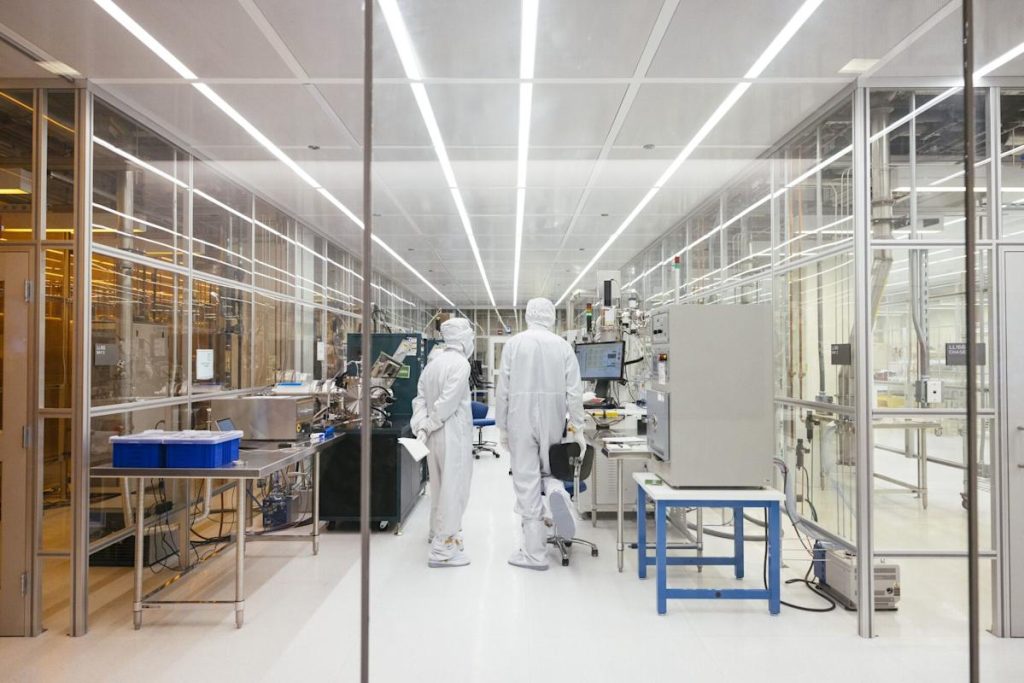
(Bloomberg) — Major tech companies lobbying to salvage a tax deduction for research and development are warning they may pull back from high-profile pledges of new US investments if Congress doesn’t fully reinstate the break.
Most Read from Bloomberg
Big tech companies have pledged more than $1.6 trillion in investments in the US since Donald Trump took office, promising to build factories and data centers in alignment with Trump’s push to build in America.
But industry representatives are signaling those promises will be imperiled if Congress doesn’t fully reinstate the R&D tax deduction, which was pared back to help offset the massive cost of President Donald Trump’s 2017 bill. At the time, it was estimated that limiting the provision would temporarily raise about $120 billion from 2018 to 2027.
“A lot of those announcements are predicated on an expectation the administration and Congress will partner together on reinstating those R&D provisions,” said Jason Oxman, president of the Information Technology Industry Council, a trade group that includes among its members Amazon.com Inc., Apple Inc., Anthropic, Alphabet Inc., and IBM Corp.
Lobbyists representing tech companies that announced US investments have made similar claims to congressional aides and lawmakers, according to people familiar with the conversations. The companies behind those plans — Apple Inc., Oracle Corp., Microsoft Corp., Meta Platforms Inc., Amazon.com Inc. and TSMC — did not respond to requests for comment on whether their investments are contingent on deducting their research and development expenses.
“Enabling R&D is essential to strengthening U.S. technology leadership, economic competitiveness, and national security,” according to a statement from Intel’s vice president for government affairs Al Thompson. “Restoring the R&D tax deduction will incentivize sustained investments that drive cutting-edge innovation across industries.”
In 2024, Intel invested $16.5 billion in R&D, the vast majority of which was in the US, one of the largest investments by any company.
Tech companies have paired those warnings with marketing pushes targeting lawmakers’ districts, particularly events promoting the potential of artificial intelligence. Venture capital firms are also closely involved in the lobbying campaign.